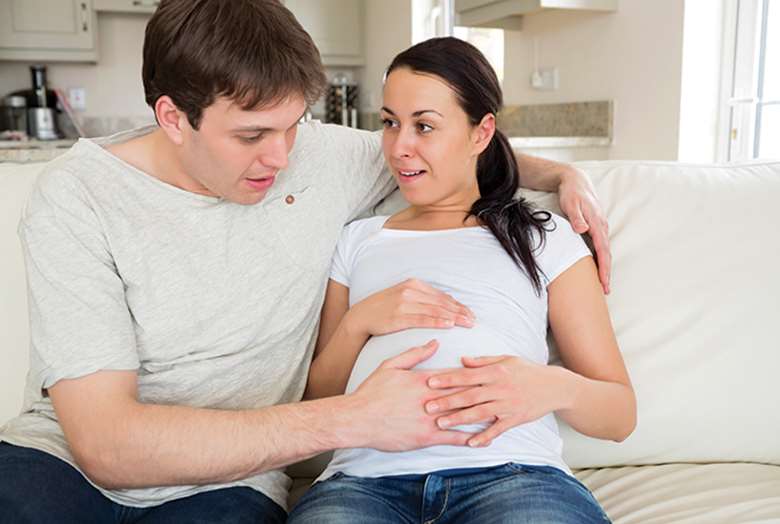How parents give their babies a warm welcome
Emily Rogers
Tuesday, January 3, 2017
Training course helps parents improve attachment with their babies, enhance their coping skills and boost children's wellbeing.

PROJECT
Welcome to the World
PURPOSE
To improve parent-baby attachment, parental relationships and wellbeing, and baby care
FUNDING
Two-day training for those already trained as "parent group leaders" with Family Links costs £375 per person for two days, or £3,900 for a team of up to 16. Four-day training for others costs £820 per person, or £8,800 for a team
BACKGROUND
Charity Family Links identified a need for an antenatal programme to prepare pregnant women and partners for parenthood. Welcome to the World (WTTW) was the brainchild of the charity's founder and former chief executive Annette Mountford. It launched in 2013 following several years of development, and 687 practitioners have since been trained to deliver it.
ACTION
WTTW helps expectant parents develop the knowledge and insight required to understand their baby and his or her needs, as well as look after their own emotional health. It also aims to strengthen couple relationships, which is crucial given the high rate of relationship breakdown in the first year after birth, explains the charity's director of programmes Sarah Darton.
Practitioners trained to deliver the programme are mainly children's centre or early years staff, health visitors, maternity support workers or midwives. Mothers-to-be and partners participate from around 24 weeks into the pregnancy. They may be referred to the programme or self-refer. Some organisations target vulnerable groups including pregnant teenagers or those involved in social care. However, Darton stresses the fact perinatal mental health problems can be a factor for any woman.
The eight two-hour weekly sessions are delivered by two facilitators and include discussion, games, role play and videos. The first session, featuring a visiting midwife, helps participants understand the way their unborn babies develop and how they can develop relationships with them while still in the womb through touch and speech.
Other sessions are designed to help parents understand attachment and their babies' needs, including the importance of seeing babies as individuals with feelings. "Often people think about the baby's physical rather than emotional needs," Darton explains. "But babies can be anxious, due to noise, changes in routine, or being passed around lots of different people. Parents tuning into their baby helps develop secure attachment."
The course covers the physical, emotional and social changes occurring throughout pregnancy for women and their partners. Week six focuses on stress, communication and perinatal depression, highlighting the importance of nurturing couple relationships and seeking help.
The next session prepares them for life with a baby, covering practicalities including safe sleeping, settling and feeding routines. The midwife returns in the final week to cover labour, birth and breastfeeding - a key element throughout.
OUTCOME
The programme was evaluated by researchers at the University of Hull's faculty of health and social care. Data collected from 54 participants across England, Wales and Northern Ireland between October 2015 and August 2016 suggests significant increases in parent-baby bonding, mothers' psychological wellbeing and parental "coping".
For the 43 women in the study, Mother-to-Infant Bonding Scale scores - where lower scores indicate better bonding - improved from an average of 1.05 to 0.63 by the end of the programme and were 0.26 at a reunion three to four months later. For the 11 men, the score increased from 0.29 to 0.43 over the programme, but dropped to 0.14 by reunion.
Edinburgh Postnatal Depression Scale scores decreased from 6.86 to 6.12 then 5.24 for women and from 4.55 to 3.82 over the programme for men, reverting to 4.55 by reunion stage.
The average "perceived coping" score, measured on a five-point scale, increased from 3.93 to 4.03 up to 4.25 for women and from 3.86 to 4.14 then 4.29 for men.
If you think your project is worthy of inclusion, email supporting data to derren.hayes@markallengroup.com




